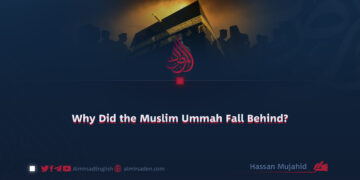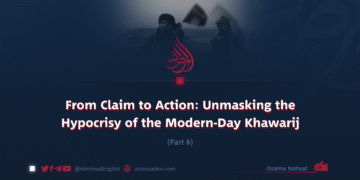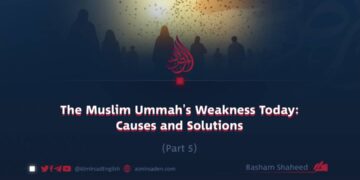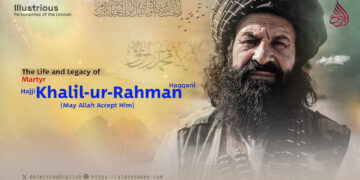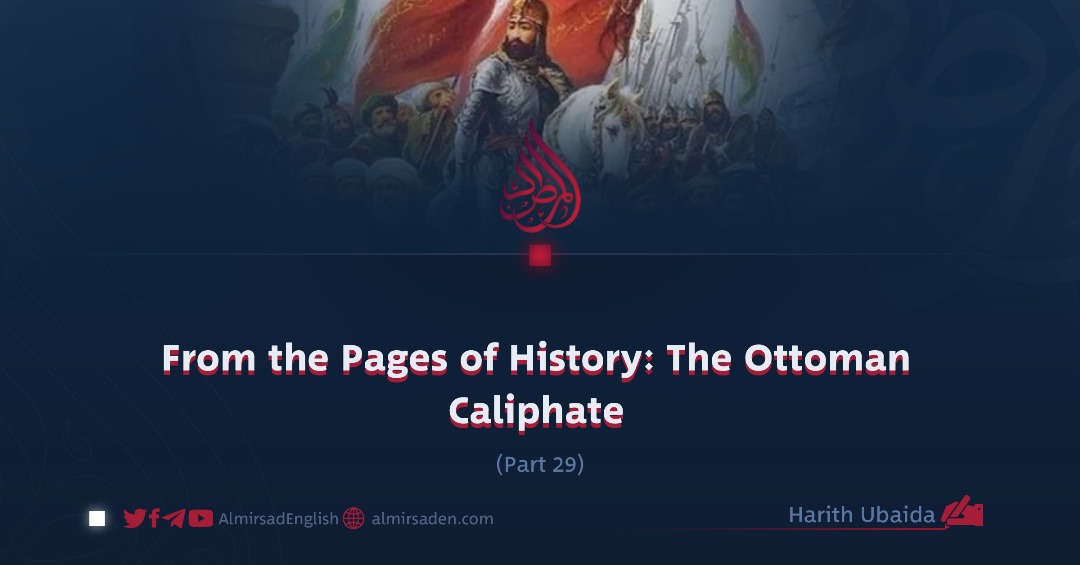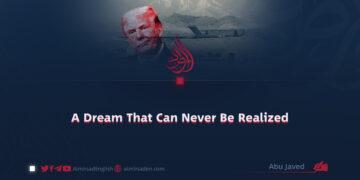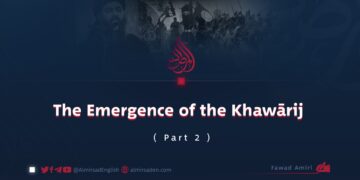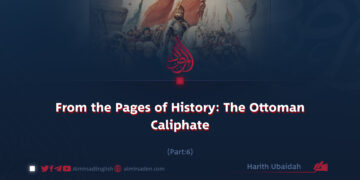Part 29
By Harith Ubaida
During his father’s reign, Sultan Muhammad, later celebrated as Mehmed the Conqueror, took part in the administration of state affairs and, on occasion, led military campaigns against the Byzantine Empire. He was deeply aware of the long and determined efforts of earlier Ottoman rulers to capture Constantinople, as well as the numerous attempts made throughout Islamic history to bring the great city under Muslim rule. Thus, when he ascended the throne in 855 AH (1451 CE), the dream of conquering Constantinople became one of his foremost ambitions.
Educated under the guidance of eminent scholars, Sultan Muhammed grew up with a profound love for Islam and an unwavering commitment to the Qur’an and the Sunnah. His upbringing fostered a deep devotion to the principles of Islamic law. He was renowned for his piety, his respect for scholars, and his constant pursuit of knowledge. This strong spiritual drive was the natural outcome of a childhood shaped by careful upbringing, sustained by the attention and guidance of his father and forefathers. The mark of the scholars who contributed to his education could be clearly seen in his character and conduct.
From an early age, Sultan Muhammed al-Fatih was profoundly influenced by scholars and spiritual mentors, most notably the distinguished theologian Ahmad ibn Ismail al-Kurani, whose learning and virtue he deeply revered. During the reign of Sultan Murad II, al-Kurani served as the young prince’s tutor. At that time, Muhammad governed the province of Manisa. Although his father had appointed several teachers for his instruction, the young prince refused to heed their guidance and showed little interest in study.
Realizing that his son required a teacher both wise and firm, Sultan Murad II accepted the advice of his counselors and appointed Mawlana al-Kurani to take charge of the prince’s education. Handing him a stick, the Sultan instructed, “If the prince disobeys you, correct him with this.”
Upon his arrival in Manisa, Mawlana al-Kurani entered the prince’s chamber, the stick in his hand. Addressing him directly, he said, “Your father has sent me to teach you, and he has also given me this stick to use should you refuse to obey.”
Amused, the young Muhammad laughed. But Mawlana al-Kurani immediately lifted the stick and struck him then and there. Shocked and humbled, the prince grew attentive and disciplined. Before long, he had completed the recitation of the entire Qur’an, marking the beginning of the scholarly and spiritual discipline that would later define his life and leadership.




